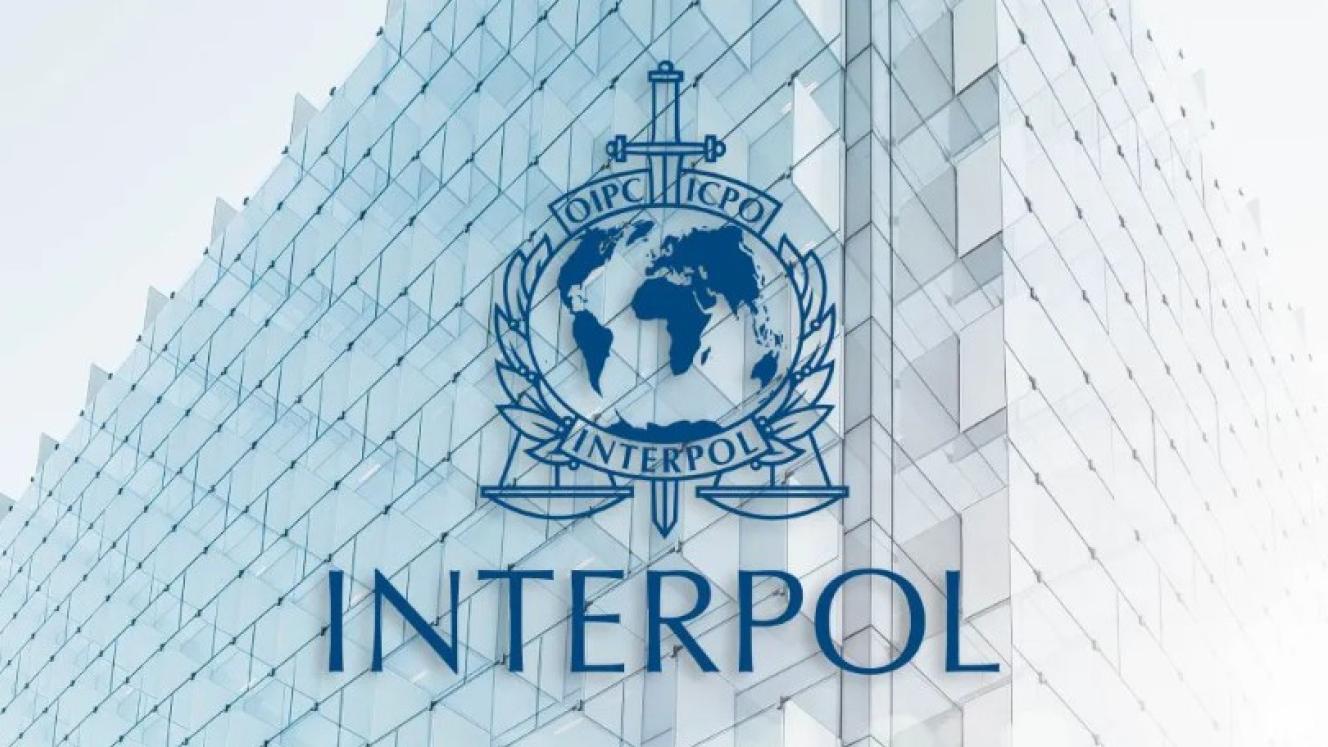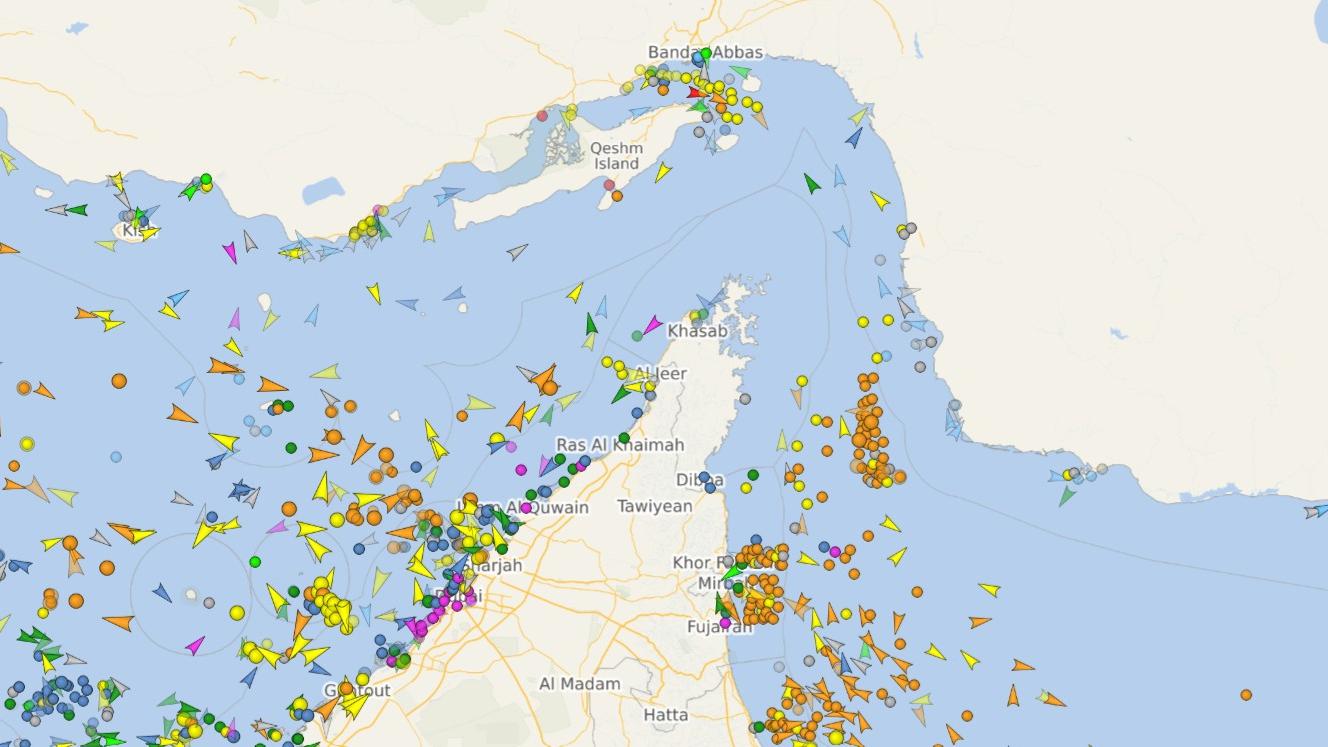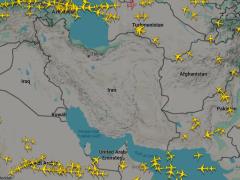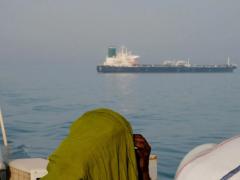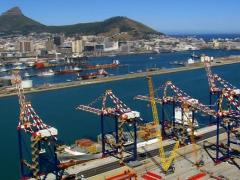Senior police leaders from across Africa have converged on Cape Town for an Interpol conference focused on the surging threats of transnational organised crime and cybercrime that are crippling trade, economies and security on the continent.
The 27th Interpol African Regional Conference, which runs in the city from August 27 to 29, has drawn 188 delegates from 56 countries, who are underscoring the urgent need for unified action against borderless criminal networks.
The conference theme is ‘Leveraging cooperation, innovation, and partnerships to fight transnational organised crime’.
Interpol vice president for Africa, Mohammed Dkhissi, is chairing the gathering, which is tackling human trafficking, migrant smuggling, environmental crimes and even cattle theft – often linked to terrorism financing – while spotlighting the explosive growth of cyber threats.
Acting Minister of Police, Professor Firoz Cachalia, who delivered the keynote address on Wednesday, highlighted the potential benefits of establishing an Interpol African Committee to improve the law enforcement response to these threats on the continent.
“I have been advised that this conference will also be used to establish an Interpol African Committee. Such a committee will enable us to approach transnational organised crime in Africa in a more structured, coherent and unified manner, so we are better able to address our common challenges and achieve our shared aspirations for security and development,” said Cachalia.
“Transnational organised crime remains one of the most serious threats to peace, stability, and development across Africa and beyond. Its manifestations are diverse: drug trafficking, human trafficking, illicit firearms, cybercrime (as technology evolves), wildlife crime, money laundering, and terrorism, to name but a few of the most threatening.”
Cybercrime is a core focus of the conference.
Interpol’s 2025 Africa Cyberthreat Assessment Report revealed that two-thirds of African member countries report cyber-related crimes, accounting for a medium to high share of all offences.
To counter this, the recent Interpol-coordinated Operation Serengeti 2.0 across 18 nations netted 1 209 arrests, recovered $97.4 million and dismantled 11 432 malicious infrastructures, thwarting attacks on nearly 88 000 victims. The operation was carried out over just three months from June to August 2025.
National Commissioner of the South African Police Service, General Fannie Masemola, reinforced the borderless nature of the fight.
“We gather today not merely as representatives of our respective countries, but as partners bound by a shared responsibility, to confront the complex and evolving challenges of transnational crime that undermine peace, prosperity and the rule of law across our beloved continent. Transnational crime knows no borders and our response cannot be confined by borders either,” said Masemola.
Interpol president, Ahmed Naser Al-Raisi, said the theme of the conference reflected the urgent challenges law enforcement faced “but more importantly, it signals our shared determination to find solutions together”.
Secretary General Valdecy Urquiza said the event was a critical platform for law enforcement to share expertise, best practices and resources in the fight against transnational organised crime.
“By listening to what the region needs and working closely with our members, we are making sure Interpol does more than just bring people together – we're helping to make a bigger impact on Africa's safety and security,” said Urquiza.
Delegates are also advancing partnerships, including new guidelines, to bolster links between Interpol National Central Bureaus and Afripol National Liaison Offices, as well as updates on a pact with the African Development Bank Group to combat corruption, financial crime and money laundering. Discussions extend to capacity building, training and promoting diversity in law enforcement ranks.
Cachalia linked the efforts to Africa’s economic woes, noting that illicit financial flows drained $50 billion to $80 billion annually from the continent.
“The Africa Initiative report showed that African countries suffered significant losses from illicit financial flows… Interpol plays a critical containing role in limiting these illicit financial flows, and regional and continental cooperation is key to this,” he said.
